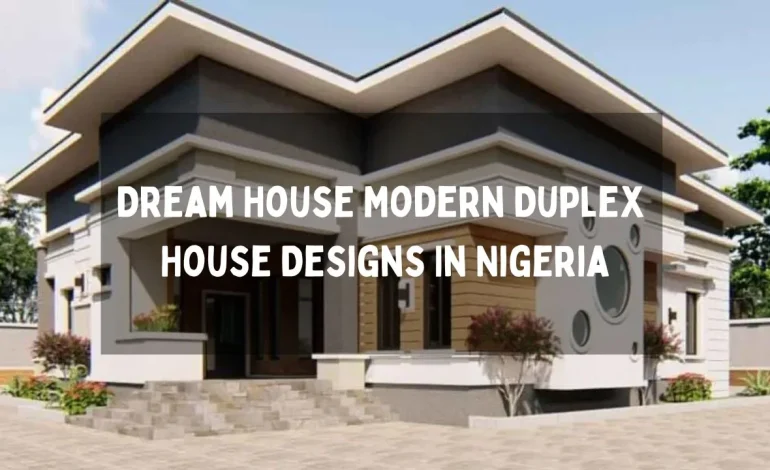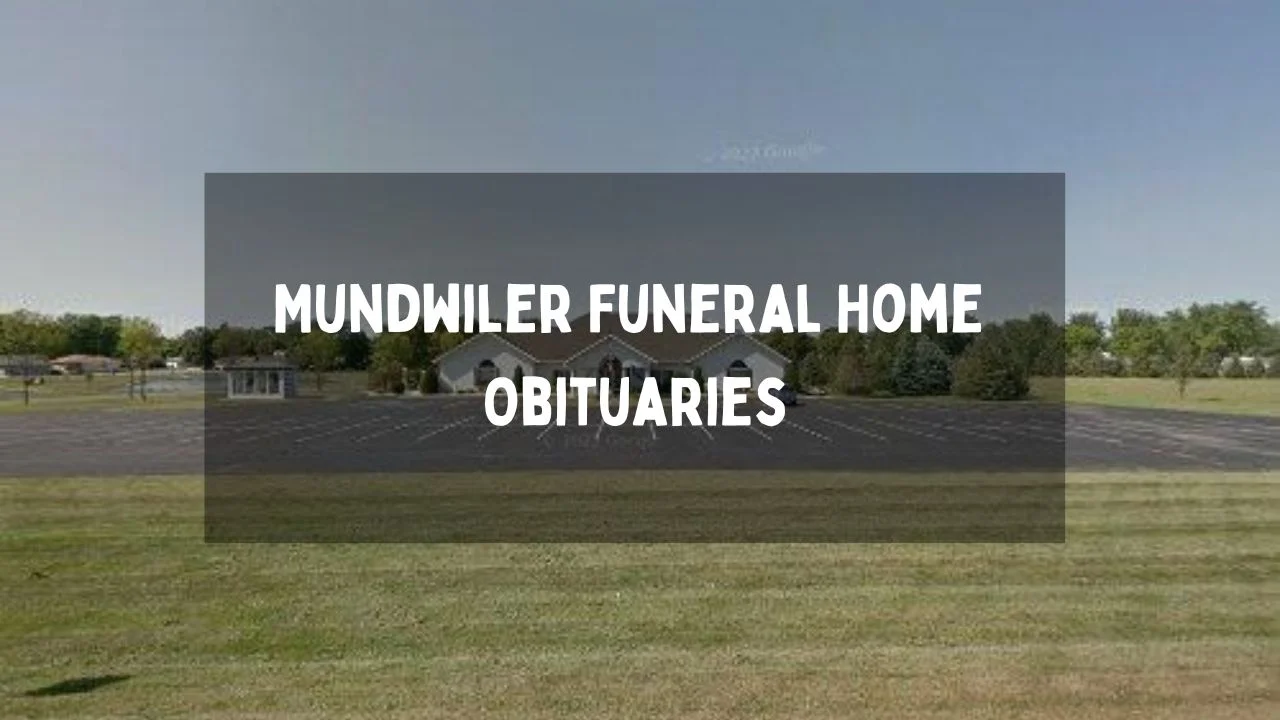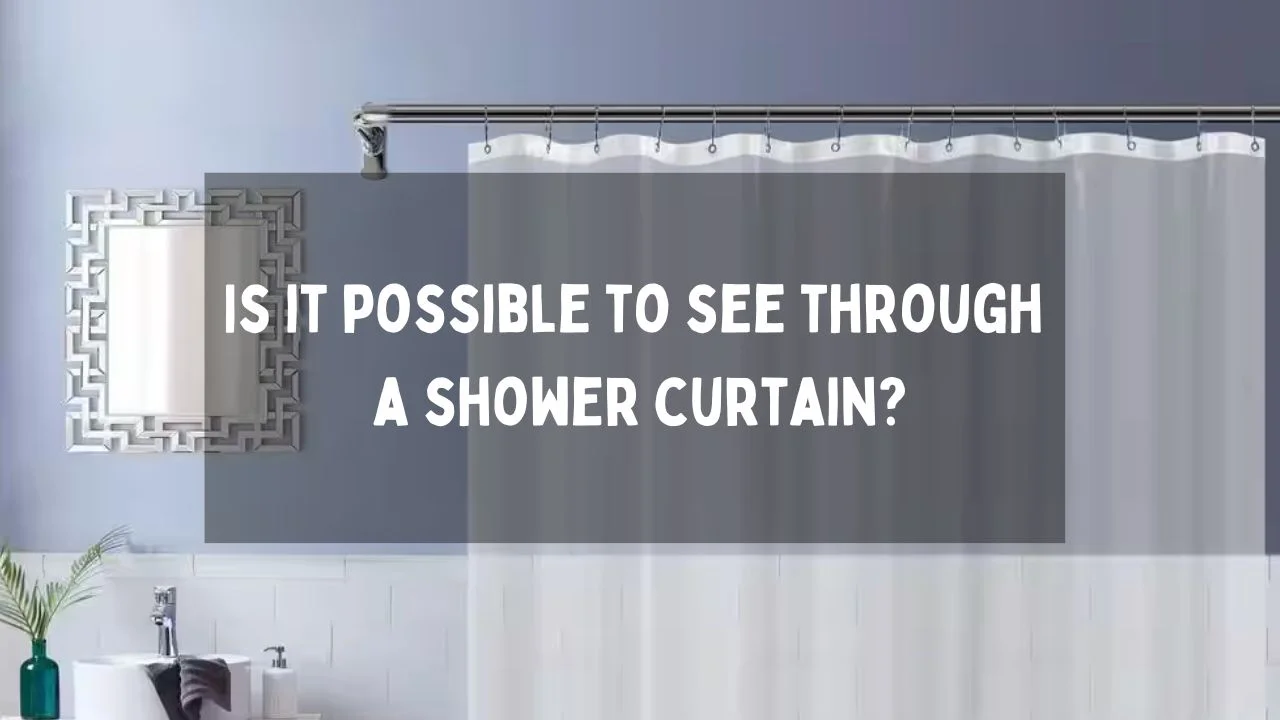
Dream House Modern Duplex House Designs In Nigeria
From the sleek lines of duplexes to the elegance of glass-centric designs, the Nigerian real estate landscape reflects a kaleidoscope of architectural wonders.
This blog delves into the realm of contemporary living spaces, exploring the enchanting realms of Bungalow, Duplex, Glass/Transparent, Mansion, Container House, and Art Deco designs.
Unveiling the fusion of tradition and modernity, these designs redefine the concept of dream homes, catering to the evolving needs and tastes of a dynamic society.
Understanding Different Modern House Designs
Bungalow Design in Nigeria
In Nigeria, Bungalow designs typically feature a single-story structure, catering to the desire for spacious yet accessible homes.
These designs are characterized by their simplicity and functionality, often incorporating a veranda or open spaces for outdoor living.
The layout of a Bungalow design is usually well-suited for families or individuals seeking a residence without the impediment of stairs, promoting convenience and easy mobility.
Features and characteristics of a Duplex Design
Duplex designs in Nigeria are renowned for their versatility and space efficiency. These structures consist of two separate living units sharing a common wall.
They offer privacy for each unit while optimizing land usage. Duplex designs are popular in urban areas, providing an ideal solution for both residential and investment purposes.
They often boast contemporary amenities and can be tailored to suit various architectural styles and preferences.
Also Read: Home with Keki Interior Design Blogger
Glass/Transparent House Designs
Glass or transparent house designs in Nigeria showcase a modern and minimalist approach to architecture. These designs emphasize natural light, offering an open, airy, and visually appealing living space.
The use of glass walls or panels promotes a seamless connection between the interior and exterior, enhancing the feeling of spaciousness and creating an ambiance of sophistication.
Such designs often require meticulous planning to ensure energy efficiency and privacy while embracing the aesthetic allure of transparency.
Mansion Designs in the Nigerian context
Mansions in Nigeria exude opulence, grandeur, and architectural magnificence. These expansive residences are tailored for affluent homeowners, often featuring multiple bedrooms, luxurious amenities, sprawling grounds, and ornate detailing.
Nigerian mansion designs incorporate diverse architectural influences, from contemporary to traditional, offering a blend of modern comforts and classic elegance.
Container House Designs in Nigeria
Container house designs have gained traction in Nigeria due to their eco-friendly nature and affordability. These designs repurpose shipping containers, offering an alternative and sustainable approach to housing. Container houses are versatile, allowing for various configurations and can be constructed quickly, making them a practical solution for housing needs in different parts of Nigeria.
Art Deco Design in Nigerian homes
Art Deco designs in Nigerian homes present a fusion of elegance and artistic detailing. This style, known for its geometric shapes, bold colors, and decorative elements, brings a sophisticated and timeless aesthetic to modern residences.
The Art Deco influence in Nigerian architecture infuses a sense of glamour and luxury, often seen in interior decor, building facades, and overall structural elements.
Also Read: What Are The Best House Plan For A Plot Of Size 20 *50 Feet?
How are these designs reshaping the architectural scene in Nigeria?
The evolution of modern house designs in Nigeria has significantly reshaped the country’s architectural scene in several ways:
Elevating Aesthetics and Functionality:
These designs have redefined architectural standards, emphasizing both aesthetic appeal and functionality. They integrate innovative layouts, creative use of space, and a blend of local and contemporary elements, reshaping the perception of what a home should embody.
Meeting Diverse Needs:
Modern house designs cater to a wide range of needs and preferences. Whether it’s the simplicity of a bungalow, the sophistication of glass houses, or the luxury of mansions, these designs accommodate varying lifestyle demands, reflecting the diverse tastes and aspirations of Nigerian homeowners.
Revolutionizing Urban Spaces:
In urban centers, the rise of duplexes and container houses has optimized land usage. The vertical expansion of duplexes meets the demand for efficient and affordable living spaces, while container houses present a sustainable alternative, making efficient use of limited urban space.
Embracing Sustainable Practices:
These designs often incorporate sustainable features, promoting eco-friendly living. From the reuse of materials in container houses to the emphasis on natural lighting in glass houses, there’s a conscious effort towards sustainability and energy efficiency, thus reshaping the narrative of environmentally conscious architecture.
Cultural Fusion and Innovation:
The incorporation of Art Deco elements or the fusion of traditional Nigerian designs with modern aesthetics represents an innovative blend of cultures. This fusion not only preserves cultural heritage but also showcases a unique identity in contemporary architecture.
Driving Economic Growth:
The construction and real estate industry in Nigeria have seen growth due to the demand for these modern designs. Architects, builders, and designers are continuously innovating and adapting to meet the evolving preferences, thereby stimulating economic activity within the architectural sector.
Influencing Real Estate Market Dynamics:
The emergence of these designs has influenced property market dynamics. With the growing popularity of certain designs like duplexes or container houses, there’s been a shift in demand, impacting property values and market trends.
Also Read: What Are The Benefits Of Using A Shower Curtain Liner?
How are these designs contributing to sustainable architecture in Nigeria?
The modern house designs in Nigeria contribute significantly to sustainable architecture through various innovative approaches and eco-conscious practices:
Reuse of Materials and Sustainable Construction:
Designs like container houses exemplify sustainability by repurposing shipping containers, reducing construction waste, and giving a second life to materials that would otherwise go unused. This approach minimizes the environmental impact of new construction.
Energy Efficiency and Natural Resources:
Many modern designs emphasize energy efficiency by incorporating features like passive solar design and natural ventilation. For instance, glass houses utilize natural light, reducing the need for artificial lighting during the day, while optimizing energy consumption.
Reduced Environmental Footprint:
The emphasis on smaller, more efficiently designed spaces, as seen in bungalows and duplexes, contributes to a reduced environmental footprint. These designs promote the efficient use of land and resources, thereby lessening the impact on the environment.
Adaptation to Local Climate and Conditions:
Designers are increasingly considering the local climate and conditions when creating these houses. Implementing features such as natural shading, cross-ventilation, and rainwater harvesting systems not only align with sustainability but also enhance the houses’ resilience to local environmental challenges.
Long-Term Durability and Maintenance:
Many of these modern designs prioritize durability and low maintenance, utilizing materials that are long-lasting and require minimal upkeep. This aspect reduces the need for frequent repairs and replacements, thus reducing waste and resources over time.
Also Read: Why Is A Shower Curtain Important For Shower Enclosures?
Case Studies and Examples
1. “Oasis Bungalow” – Lagos, Nigeria
The Oasis Bungalow, located in Lagos, exemplifies the modern adaptation of a bungalow design. This home features an open-plan layout with a fusion of traditional Nigerian elements and contemporary aesthetics.
The use of natural materials, such as locally sourced wood and stone, showcases a commitment to sustainable construction.
2. “Eco-Fusion Duplex” – Abuja, Nigeria
The Eco-Fusion Duplex in Abuja is a prime example of a modern duplex design. This structure combines sleek architectural lines with energy-efficient features. The design integrates solar panels for renewable energy, rainwater harvesting systems, and cross-ventilation, embracing sustainability while providing a luxurious living experience.
3. “Translucent Elegance” – Port Harcourt, Nigeria
The Translucent Elegance house in Port Harcourt represents the allure of glass/transparent house designs. Its minimalist and transparent architectural style maximizes natural light, providing a spacious and visually stunning interior.
The house uses energy-efficient glass and smart shading techniques to balance transparency with privacy.
4. “Majestic Manor” – Ikoyi, Nigeria
Description: The Majestic Manor in Ikoyi stands as a remarkable example of a luxurious mansion design. This grand residence boasts opulent features, including expansive grounds, ornate detailing, and modern amenities.
Despite its lavishness, the mansion integrates sustainable practices like water recycling and energy-efficient appliances.
5. “Upcycled Container Home” – Enugu, Nigeria
Description: An Upcycled Container Home in Enugu showcases the innovative use of container house designs. It creatively repurposes shipping containers, emphasizing eco-friendly construction and quick assembly.
The house incorporates insulation techniques and solar panel installations, making it a cost-effective and sustainable living solution.
6. “Art Deco Retreat” – Ibadan, Nigeria
Description: The Art Deco Retreat in Ibadan reflects the elegance and sophistication of Art Deco design in Nigerian homes.
This home is adorned with geometric patterns, bold colors, and decorative elements, both in its architecture and interior design. It brings a nostalgic yet modern charm to the city’s architectural landscape.
Also Read: House Plans With Game Room
Are modern house designs financially accessible in Nigeria?
The financial accessibility of modern house designs in Nigeria can vary based on several factors, including the specific design, location, materials used, and the economic status of individuals or communities.
Here’s an overview of the financial accessibility of these designs:
1. Bungalow Design:
Bungalow designs are relatively more financially accessible compared to larger and more luxurious structures. They often cater to middle-income families or individuals due to their simpler construction and typically smaller size.
2. Duplex Design:
Duplex designs vary in accessibility. While they might require a more substantial initial investment due to their larger size and structure, they often serve as an investment opportunity by allowing one unit to be rented out. In urban areas, they might cater to higher-income groups due to their size and amenities.
3. Glass/Transparent House Design:
Glass or transparent house designs might have a higher initial cost due to the use of specialized materials and design considerations. However, their long-term benefits in terms of energy efficiency might offset some costs. Such designs may cater more to higher-income individuals or those with a specific interest in such architectural aesthetics.
4. Mansion Design:
Mansions are typically associated with higher costs due to their size, luxury features, and expansive grounds. These designs cater to the affluent section of society and might not be financially accessible to the general population.
5. Container House Design:
Container houses are often more affordable compared to traditional houses due to their use of recycled shipping containers and their relatively simpler construction. These designs can be financially accessible to a wider range of individuals, especially those looking for cost-effective and sustainable housing solutions.
6. Art Deco Design:
The financial accessibility of Art Deco designs can vary. While some elements can be incorporated at a moderate cost, a fully themed Art Deco house might entail higher expenses due to the intricacies of design and decoration.
Factors Influencing Accessibility:
- Location: The cost of land and construction materials can vary significantly across regions in Nigeria.
- Economic Status: Affordability is relative and depends on the income levels and financial capabilities of individuals or communities.
- Material Choices and Customization: Using high-end materials and customization can significantly impact the cost of these designs.
Also Read: What Order Does Width, Length, Or Height Go In?
Conclusion
The evolution of modern house designs in Nigeria represents a dynamic fusion of aesthetics, functionality, and sustainability.
These diverse architectural styles, from bungalows to glass houses, container homes to luxurious mansions, reflect the changing landscape of living spaces in the country.
As these designs continue to reshape the architectural scene, they cater to various socioeconomic segments, offering both innovative and eco-conscious solutions.
FAQs
Q1: Are modern house designs affordable in Nigeria?
Affordability varies based on the specific design and location. While some designs like bungalows and certain container houses might be more financially accessible, others, such as mansions or high-end glass houses, cater to higher-income individuals due to their luxury and specialized construction.
Q2: How do these designs contribute to sustainability in Nigeria?
The designs prioritize sustainability through eco-friendly construction, energy efficiency, reuse of materials, and adaptation to local climate. This emphasizes the use of renewable energy sources, efficient resource management, and reduced environmental impact.
Q3: What is the future outlook for modern house designs in Nigeria?
The future holds a continued emphasis on sustainability, technological integration, and a blend of traditional elements with contemporary designs. Architects are likely to focus more on sustainable solutions and innovative construction materials to meet the increasing demand for environmentally conscious housing.
Q4: Can these designs be customized to individual preferences?
Yes, most modern designs offer flexibility for customization, allowing individuals to tailor their homes to personal tastes. However, the extent of customization might vary based on design constraints and financial considerations.




